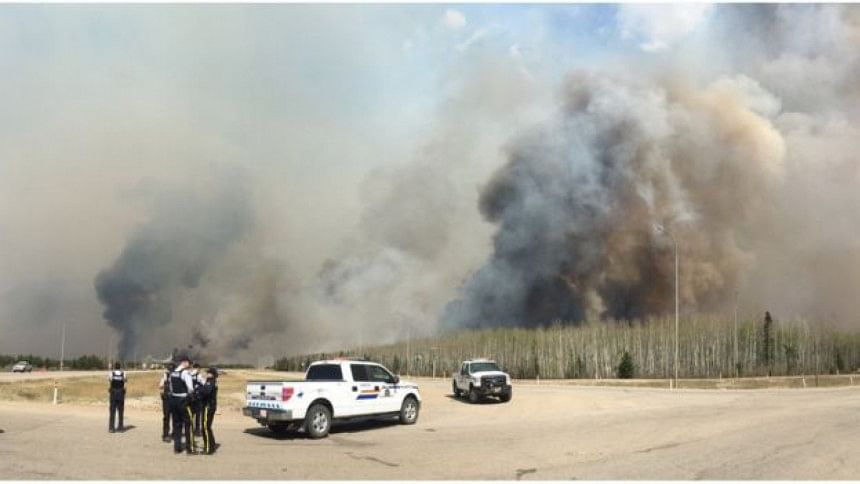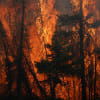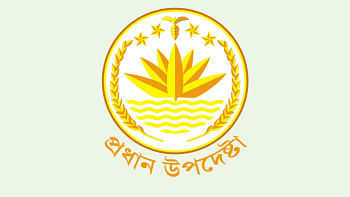Canadian wildfire disrupts evacuation convoy

The only land convoy evacuating the Canadian city of Fort McMurray has been disrupted due to 200ft (60m) flames flanking the road, officials say.
The police-escorted convoy of 1,500 vehicles was due to pass by the southern part of the city but was stopped for an hour.
Parts of the city in the province of Alberta have been destroyed after a huge wildfire struck earlier this week.
Officials had said it would take four days to move all the evacuees.
"We stopped due to heavy smoke," said Sgt Jack Poitras of the Royal Canadian Mounted Police. "You get flames of 100, 200ft up in the air on both sides of the road so it's not safe."
Tens of thousands of people have already left Fort McMurray, as some predictions are that the fire could double in size by the end of Saturday.
The city is in the heart of Canada's oil producing country and there are fears that an oil field could explode.
In a statement released on Friday afternoon, Prime Minister Justin Trudeau called upon Canadians to donate to charities assisting relief efforts.
"I would once again like to thank the many first responders who are working tirelessly, day and night, to fight this fire," Trudeau said.
"To those who have lost so much: we are resilient, we are Canadians, and we will make it through this difficult time, together."
Weather forecasters predict a 40percent chance of rain this coming Sunday, which may help to slow the fire's spread.
More than 1,000 fire fighters and 150 helicopters, 295 pieces of heavy equipment and 27 aircraft tankers have been deployed, according to the Canadian government.
Workers and equipment are being brought to the area from all across Canada. Officials say that if more resources are required they may request assistance from the United States.
But Chad Morrison, Alberta's manager of wildfire prevention, said that what they really need is rain.
"We have not seen rain in this area for the last two months of significance," Morrison said.
Without rainfall, officials predict that it could be "weeks and weeks" before the fire is completely out.
Alberta has the third highest reserves of oil in the world, after Saudi Arabia and Venezuela.
Market watchers estimate that up to a third of Canada's oil sands output has been taken offline due to the fire.
The fire now covers an area larger than New York City.

 For all latest news, follow The Daily Star's Google News channel.
For all latest news, follow The Daily Star's Google News channel. 








Comments